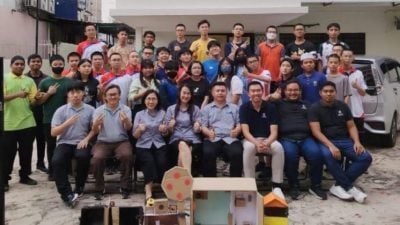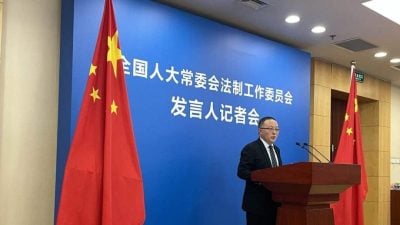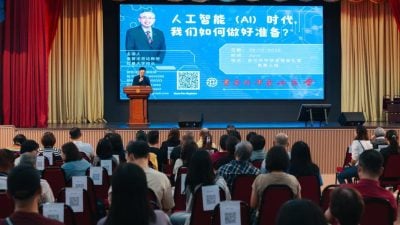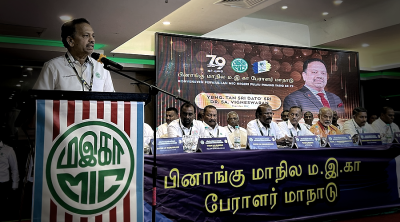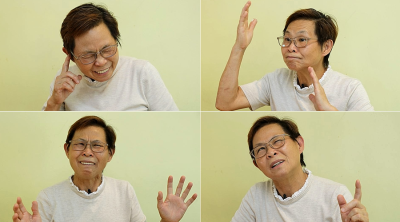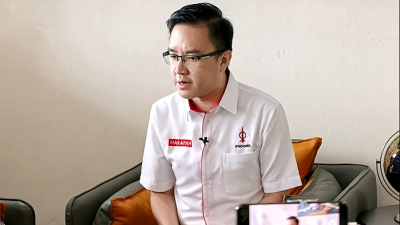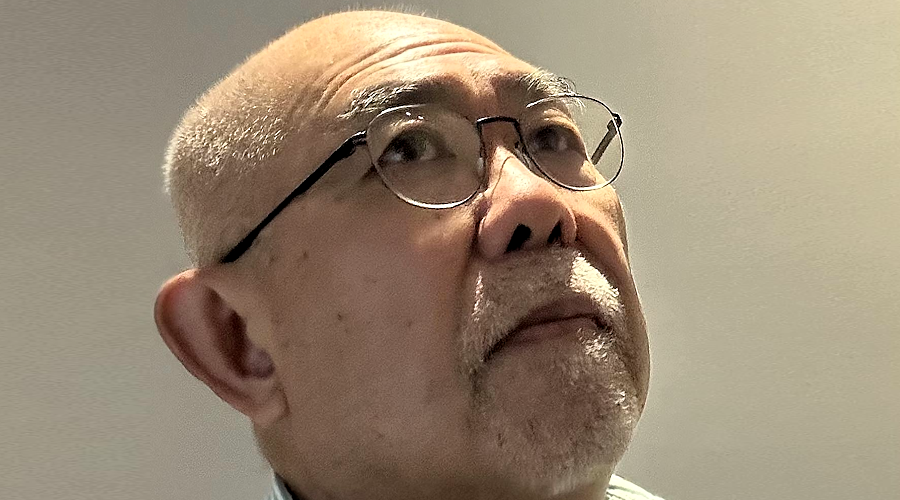
Artificial intelligence and big data are not merely new technologies; they represent civilizational shifts that may eclipse even the Industrial Revolution in their impact.
Jobs will vanish, new industries will emerge, but wealth will continue to concentrate in the hands of a shrinking global elite.
The central questions of ownership, control, and the potential abuse of big data must be addressed.
At stake is nothing less than the rewriting of the social contract—one in which governments will inevitably be forced to assume a larger role.
That was the core of my message at the Asia Center’s 10th Anniversary Conference on “AI: Governance and Human Rights,” held in Bangkok on 21–22 August 2025.
Credit is due to James Gomez and his team at Asia Center for their courage in convening a discussion that is as urgent as it is complex.
They brought together more than three dozen experts from Southeast Asia and Europe to share insights on issues ranging from surveillance to parliamentary uses of AI.
But amid these wide-ranging discussions on privacy, state overreach, and digital abuse, one glaring omission stood out: AI and the economic rights of the global poor.
A debate stuck in the past
Human rights debates remain trapped in Cold War categories.
For decades, the West has prioritized “negative rights”—freedom from state interference—while sidelining “positive rights” such as food, healthcare, housing, education, and today, access to broad band championed by those with socialist tendencies.
This framing, shaped by Western dominance of global institutions, academia, media, and culture, has distorted the very language of rights.
Civil and political rights are vital. But for 99 percent of humanity, dignity is bound up with economic rights.
The Universal Declaration of Human Rights affirms them, yet for between 700 million and 1.5 billion people, those rights remain unmet and unprotected by law.
Unlike civil and political rights, economic rights are rarely codified into enforceable law.
Their absence from the conference conversations was striking—a collective myopia that risks rendering the rights of the majority invisible.
AI must be made inclusive. Only then can it serve humanity, rather than deepen inequality.
The Asian dimension
Take Southeast Asia. In Bangkok, much attention was given to how Thailand’s 700 parliamentarians might harness AI. Yet no one asked how East Timor, struggling with poor broadband and unable to afford Microsoft licenses could possibly join the digital revolution.
Nor was there reflection on Thailand’s impoverished northeast, where many own mobile phones but cannot afford the cost of data.
We know AI can be harnessed to deliver lifesaving medical knowledge to health workers in remote regions. Yet, unsurprisingly, the technology giants cannot be relied upon to serve such unprofitable markets.
Yet, when these bloated corporations falter—when expensive big-data banks become obsolete—taxpayers will again be asked to foot the bill, just as they did in 2008 when banks collapsed under the weight of subprime excesses.
It will once more be “socialism for the rich, capitalism for the poor.”
Surveillance and resistance
Voices from Burma reminded us of AI’s darker side: activists forced to evade omnipresent surveillance.
In China, millions of drones, satellites, and facial recognition systems are deployed for social control. In Gaza, AI is used in aid of Israel’s killing machine against the Palestinians.
Such realities must be acknowledged, as must the dangers of abuse.
Yet, equally absent was curiosity about another inconvenient truth: that China, deploying some of these very technologies, has lifted 800 million people out of poverty.
That achievement, whether or not one approves of the political system, demands serious scrutiny for what it might teach the world’s poor.
Towards a holistic view
The blind spot of contemporary human rights discourse is its Eurocentrism and narrowness.
By focusing almost exclusively on the civil and political rights of less than one per cent of humanity, while ignoring the positive rights of the voiceless majority, many traditional rights defenders risk being accused of not taking rights seriously at all.
As we look ahead, my plea is simple: let us reclaim the idea of human rights for everyone—not only the articulate middle class, but also the 1.8 billion poor whose futures hang in the balance.
AI must be made inclusive. Only then can it serve humanity, rather than deepen inequality.
(Tan Wah Piow is Recycled Activist, Retired Lawyer, and Director of Monsoons Book Club in London.)
ADVERTISEMENT
ADVERTISEMENT







